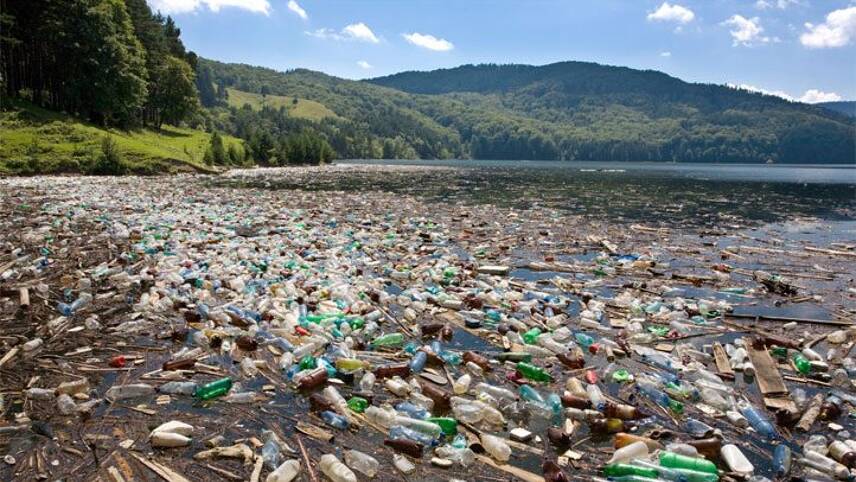Register for free and continue reading
Join our growing army of changemakers and get unlimited access to our premium content

By WWF's estimates
The lifetime cost to society, the environment and the economy of plastic produced in 2019 alone has been revealed at $3.7 trillion, by the environmental group’s calculations.
In its report, WWF claims that fragmented regulatory approaches, misplaced incentives and a lack of coordinated technical resources, financial support and consistent data on plastic leakage are currently “costing us the Earth”.
The new report by WWF and Dalberg – titled ‘Plastics: The cost to society, environment and the economy’ – estimates that, if we carry on at the current trajectory, plastic production will double by 2040.
This will triple the amount of plastic pollution entering the ocean to 29 million tonnes, increasing the total stock of plastic in the ocean to 600 million tonnes.
Greenhouse gas (GHG) emissions from the plastic lifecycle will account for up to 20% of the entire global carbon budget, accelerating the climate crisis.
Escalating crisis
WWF has called on governments to start the negotiation of a legally binding global treaty on marine plastic pollution at the fifth session of the UN Environment Assembly in February 2022.
WWF International’s director general Marco Lambertini said: “This is the first time we have seen such a clear assessment of some of the unaccounted costs being imposed by plastic pollution on society and they are a burden that is too high to bear – both for people and the environment.
“Tragically, the plastic pollution crisis is showing no signs of slowing down, but the commitment to tackle it has reached an unprecedented level.
“We need a UN treaty on plastic pollution that unites governments, companies and consumers around clear targets for reduction, collection, recycling and sustainable alternatives to stop plastic leakage into the environment by 2030.”
Call to action
The figures are released as the International Union for Conservation of Nature’s (IUCN) World Conservation Congress takes place in Marseille, France this week.
The aim of the event is to highlight the importance of a global solution to the nature crisis. Among the topics covered is the need for more global coordination in plastic action.
So far, more than two million people have signed a petition, and more than 75 businesses have endorsed the call for a global treaty on marine plastic pollution.
The majority of the UN Member States (104 countries) have explicitly supported the establishment of a new global agreement to address plastic pollution.
WWF said it is urging all UN member states to start negotiating for a global treaty that tackles all stages of the plastic lifecycle, stopping the leakage of plastic pollution into the oceans by 2030.
edie staff


Please login or Register to leave a comment.